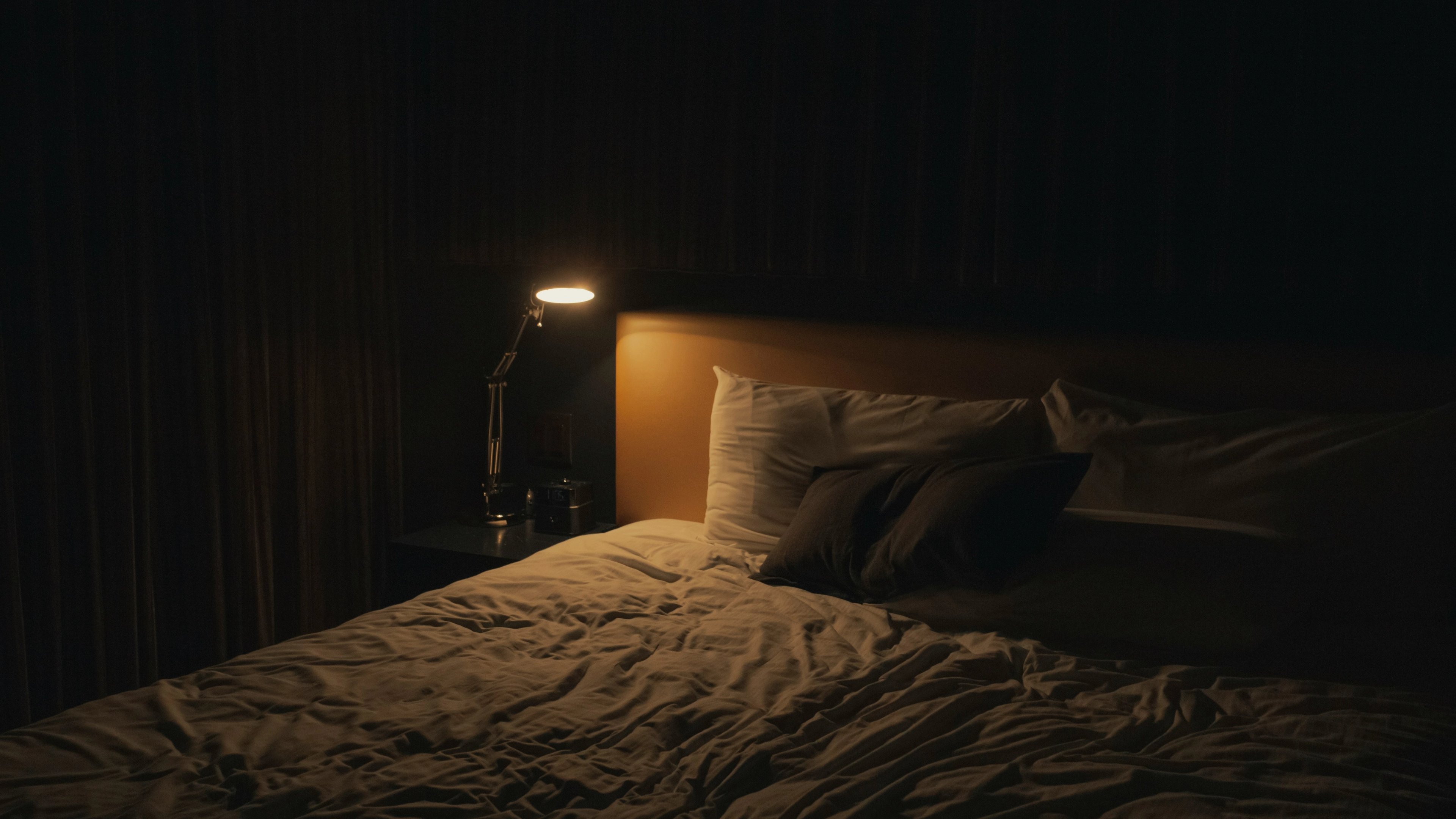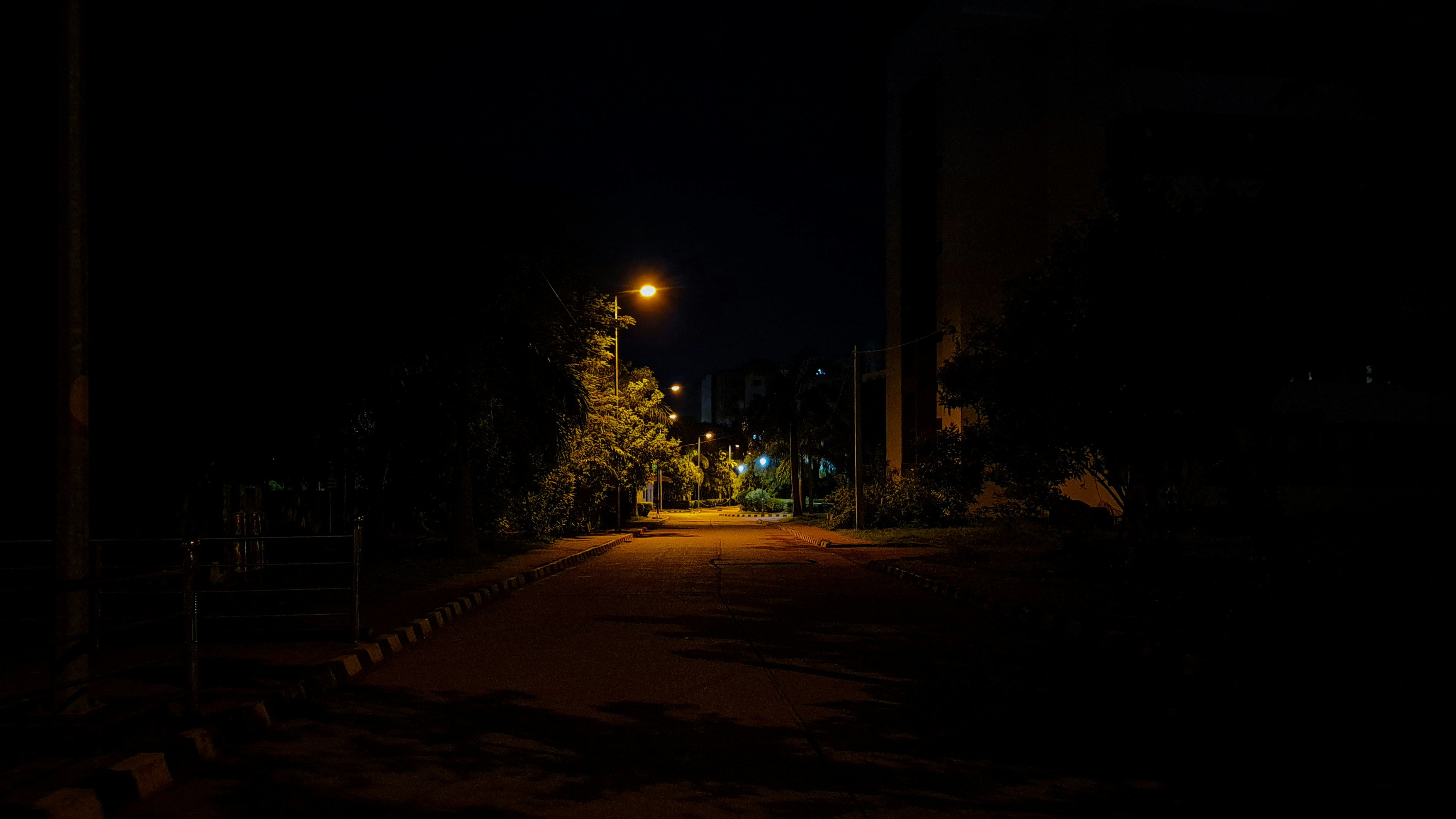
- Stomach sleeping may reduce snoring and mild sleep apnea by keeping airways open.
- Research suggests it often causes neck and back pain due to spinal misalignment.
- It may increase eye pressure, potentially raising glaucoma risk.
- For infants, it’s linked to a higher risk of Sudden Infant Death Syndrome (SIDS).
- Pregnant women should avoid it to prevent spinal strain and reduced fetal space.
- Switching to side or back sleeping is generally recommended for better health.
Overview
Sleeping on your stomach might feel comfortable, but it’s often criticized for its impact on health. While it has some benefits, the drawbacks—particularly for your spine and other conditions—suggest it may not be the best choice for most people.
Benefits
Stomach sleeping can help reduce snoring and mild sleep apnea by keeping airways open, as the position prevents the tongue from blocking the throat (Sleep Foundation).
Drawbacks
The position often leads to spinal misalignment, causing neck and back pain. It can also increase eye pressure, a risk factor for glaucoma, and contribute to facial wrinkles. For infants, it’s unsafe due to SIDS risk, and pregnant women face increased spinal strain and reduced fetal space (Healthline).
Recommendations
If you experience pain or discomfort, consider transitioning to side or back sleeping, which better support spinal alignment. Using a thin pillow or placing one under your pelvis can help stomach sleepers minimize strain (Cleveland Clinic).
So, is Sleeping on Your Stomach Bad?
Introduction
Sleeping on your stomach, also known as the prone position, is a habit for about 17% of people, making it the least common sleep posture (Sleep Foundation). While it may feel cozy for some, health experts often debate its impact on well-being. This article explores the benefits and drawbacks of stomach sleeping, backed by scientific evidence, to help you decide if it’s a healthy choice for you.
Benefits of Stomach Sleeping
Stomach sleeping has a notable advantage for certain breathing issues:
- Reduced Snoring and Sleep Apnea: By keeping the airways open, stomach sleeping can reduce snoring and alleviate mild sleep apnea. The position prevents the tongue from falling back into the throat, which can obstruct airflow (Sleep Foundation). This makes it a potential option for those who struggle with these conditions, though other positions like side sleeping may also help.
Drawbacks of Stomach Sleeping
Despite its benefits, stomach sleeping comes with several significant drawbacks that affect various aspects of health:
Aspect Drawbacks Spinal Health Flattens the spine’s natural curve, increasing pressure on the lower back and causing misalignment (Cleveland Clinic). Neck Pain Requires the head to turn to one side, twisting the neck and potentially leading to soreness or nerve compression (Healthline). Back Pain Adds stress to the lower back, preventing muscles from resting and recovering, which can lead to chronic discomfort (Sleep Foundation). Shoulder Pain Arms often raised or tucked under the pillow, causing tension in the shoulder joint and potential rotator cuff issues (Cleveland Clinic). Eye Pressure Increases intraocular pressure, a risk factor for glaucoma, which can lead to vision loss (Verywell Health). Facial Wrinkles Pressing the face into the pillow causes skin compression, contributing to wrinkles and possible breakouts (Cleveland Clinic). Infants (SIDS) Associated with a higher risk of Sudden Infant Death Syndrome, making it unsafe for babies (Cleveland Clinic). Pregnancy Increases spinal strain and reduces space for the baby, posing risks especially in early pregnancy (Healthline).
Spinal Misalignment and Pain
Stomach sleeping often misaligns the spine, as the neck twists to one side and the lower back arches to allow breathing. This can strain the cervical and lumbar spine, leading to neck and back pain. A study in the Spine journal found that stomach sleeping increases spinal curvature, contributing to discomfort (Sleep Foundation). Over time, this misalignment may cause chronic pain or even conditions like herniated disks (Healthline).
Eye Pressure and Glaucoma Risk
Research, such as a study on intraocular pressure, indicates that stomach sleeping elevates eye pressure, which is a risk factor for glaucoma, a condition that can damage the optic nerve and lead to vision loss (Verywell Health). This is particularly concerning for those with existing eye conditions.
Facial Wrinkles and Skin Issues
Pressing your face into a pillow night after night can cause skin compression, leading to wrinkles and potential breakouts. A 2016 study found that stomach sleeping produces more facial wrinkles than other positions due to this prolonged pressure (Cleveland Clinic).
Risks for Infants and Pregnant Women
For infants, stomach sleeping is strongly discouraged due to its association with Sudden Infant Death Syndrome (SIDS), which increases the risk of unexpected death during sleep (Cleveland Clinic). Pregnant women should also avoid this position, as it can pull on the spine and reduce space for the fetus, potentially leading to complications. A 2012 study recommends left-side sleeping during pregnancy to improve blood flow and oxygen to the baby (Healthline).
Scientific Evidence
Scientific research highlights the concerns with stomach sleeping:
- Spinal Health: A Spine journal study confirms that stomach sleeping increases spinal curvature and pressure on the neck and back, leading to pain and discomfort (Sleep Foundation).
- Eye Pressure: A study on intraocular pressure found that stomach sleeping elevates pressure in the eyes, increasing glaucoma risk (Verywell Health).
- Sleep Quality: Stomach sleeping can lead to more tossing and turning, reducing sleep quality and causing daytime discomfort (Healthline).
- Pregnancy: Research from 2012 suggests that side sleeping, particularly on the left, improves fetal health compared to stomach sleeping (Healthline).
While these studies provide strong evidence, individual experiences vary, and some people may not notice immediate issues with stomach sleeping. However, long-term effects are a concern for most experts.
Recommendations for Stomach Sleepers
If you’re a stomach sleeper and want to minimize risks, consider these evidence-based tips:
- Use a Thin or No Pillow: A thin pillow or none at all reduces the angle of your neck, minimizing strain (Healthline).
- Place a Pillow Under Your Pelvis: This helps maintain a neutral spine position, reducing lower back pressure (Mayo Clinic).
- Try a Firmer Mattress: A firmer mattress prevents your abdomen from sinking, supporting better spinal alignment (Sleep Foundation).
- Morning Stretches: Gentle stretches after waking can realign your body and strengthen muscles. Start with a warm-up to avoid injury (Healthline).
- Transition to Side or Back Sleeping: Gradually train yourself to sleep on your side or back, which are better for spinal health. Use pillows to ease the transition (Cleveland Clinic).
If you experience persistent pain or sleep issues, consult a healthcare professional, such as a chiropractor or sleep specialist, for personalized advice.
Conclusion
Stomach sleeping offers some relief for snoring and mild sleep apnea, but its drawbacks—spinal misalignment, neck and back pain, increased eye pressure, and risks for infants and pregnant women—make it less than ideal for most people. Research suggests that side or back sleeping better supports long-term health, particularly for spinal alignment and overall comfort. If you’re a stomach sleeper, small adjustments like using a thin pillow or transitioning to another position can make a big difference. Always consider your specific health needs and seek professional guidance if you’re unsure.
Sources
- Sleeping on Your Stomach: Is it Bad for You? - Cleveland Clinic
- Sleeping on Your Stomach - Sleep Foundation
- Is It Bad to Sleep on Your Stomach? - Healthline
- Sleeping on Your Stomach: Bad, Good, or a Bit of Both - Verywell Health
- Sleeping Positions for Back Pain - Mayo Clinic
- Left-Side Sleeping for Better Blood Flow in Pregnancy
- Sleep Wrinkles: Facial Aging During Sleep
- Sudden Infant Death Syndrome (SIDS) - Cleveland Clinic
- Safe Sleep Practices for Infants - American Academy of Pediatrics
James Chen
Editorial team member at Sleep Now

